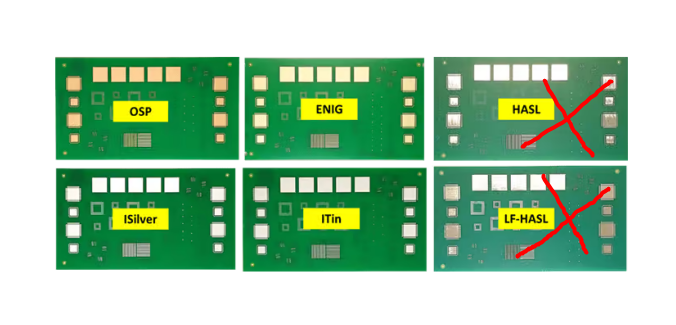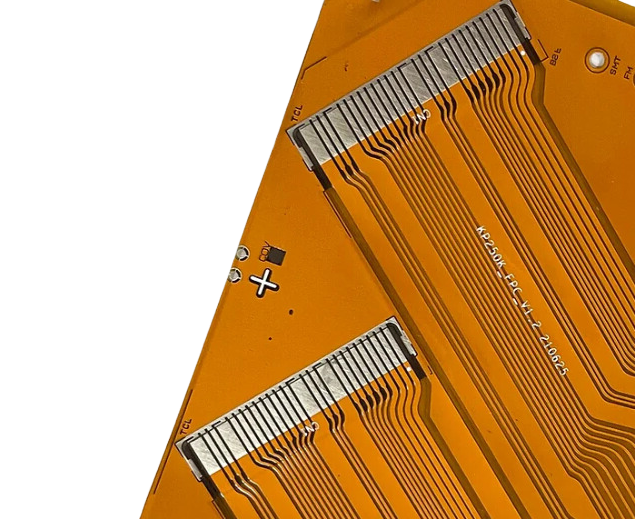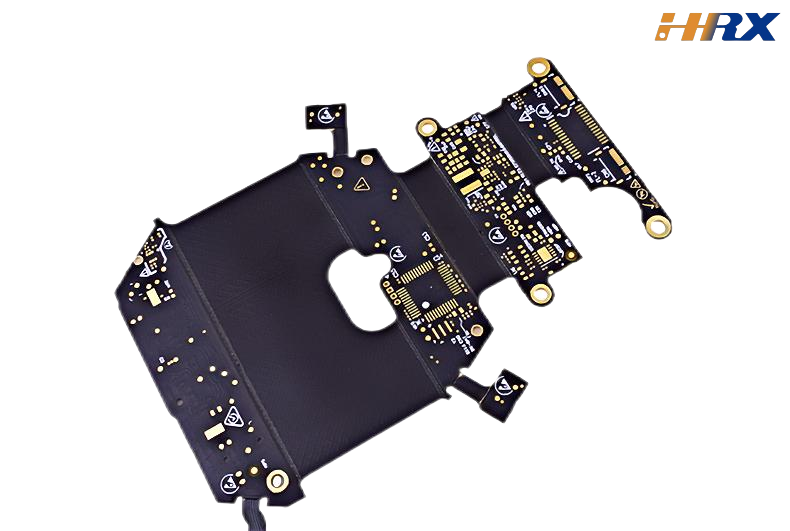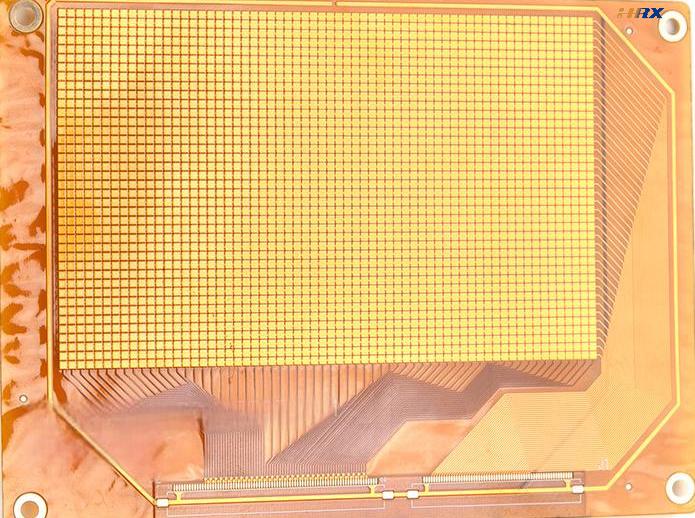Search
Why is HASL not suitable for FPC surface treatment?
- Nov 20,2023
-
Share
Flexible circuits are integral to many modern electronics, especially where flexibility and lightweight design are required, such as in wearable devices, smartphones, and medical equipment. When designing FPCs, one critical decision revolves around surface treatment, which ensures good solderability and protects the copper traces. One commonly used surface treatment in traditional rigid PCBs is Hot Air Solder Leveling (HASL). However, despite its widespread use in rigid boards, HASL is not suitable for FPCs. In this blog, we’ll explore why.
What is HASL?
Hot Air Solder Leveling (HASL) is a popular surface treatment used in printed circuit boards (PCBs). The process involves dipping the PCB into molten solder and then using hot air to remove excess solder, creating a protective coating on the copper pads. This method is economical and provides good solderability, making it a common choice for rigid PCBs.
However, HASL also has limitations. The process can create uneven surfaces and may introduce stress on the board due to exposure to high temperatures. These issues, which are often manageable in rigid PCBs, become problematic when applied to FPCs.
Key Properties of FPCs
FPCs differ from traditional rigid PCBs in several key ways. Their primary characteristic is flexibility—they are designed to bend and fold, making them ideal for applications where rigid boards would fail. Additionally, FPCs are much thinner and often more delicate than their rigid counterparts. These structural differences mean that the surface treatment used for FPCs must not only ensure good solderability but also maintain the board's flexibility and structural integrity.

Why HASL is Not Suitable for FPCs
The very properties that make FPCs valuable—flexibility, thinness, and durability in dynamic environments—are exactly why HASL is a poor choice for their surface treatment. Here’s why:
1. Uneven Surface HASL often results in uneven solder surfaces, which can cause problems in FPCs that need to be bent or folded. The unevenness can introduce stress points when the board is flexed, which may lead to cracking or performance issues in the circuit.
2. Heat Sensitivity The HASL process requires the board to be exposed to high temperatures when dipped into molten solder. FPC materials, often made of flexible polyimide, are more sensitive to heat than rigid PCBs. This thermal exposure can damage the flexible substrate, leading to warping, delamination, or even complete failure of the board.
3. Mechanical Stress During the HASL process, mechanical stress can occur, especially when the hot air removes excess solder. For a rigid PCB, this is usually not an issue, but for FPCs, which are much thinner and more prone to damage, this stress can cause deformation. Over time, the mechanical stress from the solder leveling process can reduce the lifespan of the FPC.
4. Potential for Cracking The combination of high heat and mechanical stress can result in micro-cracks in the solder joints, especially in environments where the FPC will undergo repeated flexing. Cracked solder joints lead to poor electrical connections, reliability issues, and ultimately, failure of the circuit.

Preferred Surface Treatments for FPCs
Given the unsuitability of HASL for FPCs, several alternative surface treatments are better suited to preserving the flexibility and reliability of flexible circuits:
1. Electroless Nickel Immersion Gold (ENIG) ENIG is a widely used surface finish for FPCs due to its flat surface, excellent solderability, and corrosion resistance. Its uniform coating helps maintain the flexibility of the circuit without adding undue stress.
2. Organic Solderability Preservative (OSP) OSP is another viable option, especially for single-use applications where cost is a factor. It provides a flat surface and protects copper traces without the need for high-temperature exposure, preserving the flexible material.
3. Immersion Silver Immersion Silver is a good alternative for applications where high conductivity is needed. It offers a flat, smooth surface and good solderability without subjecting the FPC to excessive heat.
Conclusion
While HASL remains a popular and cost-effective surface treatment for rigid PCBs, it is not suitable for FPCs due to the uneven surfaces it creates, the high heat involved in the process, and the mechanical stress it can cause. These factors can lead to warping, cracking, and reduced reliability in flexible circuits. For FPCs, alternative surface treatments such as ENIG, OSP, and Immersion Silver are better suited, offering flat surfaces, preserving flexibility, and ensuring the long-term reliability of the circuit.
In summary, choosing the right surface treatment for your FPC is critical to ensuring its performance and longevity. Understanding the limitations of processes like HASL and opting for more appropriate alternatives will help you design circuits that meet the demands of today’s flexible electronics.

Let’s talk! We’ll provide the perfect solution for you!
-
 Huaruixin Electronics mainly produces printed circuit boards as the core business, to provide customers with one-stop solutions for FPC/PCB production, components sourcing and Assembly.
Huaruixin Electronics mainly produces printed circuit boards as the core business, to provide customers with one-stop solutions for FPC/PCB production, components sourcing and Assembly. - WHAT WE DO — PCB Design Solutions — Flex PCB Production — Components Sourcing — FPC&PCB Assembly
- PRODUCTS — Single Sided Flexible Circuits — Double Sided Flexible Circuits — Multilayer Flexible Cirucits — Rigid-Flex Circuits — FPC Assembly — PCB Assembly
- CAPABILITY — FPC Capability — Rigid-Flex Capability — PCB Capability — Assembly Capability
- Copyright © 2024 Shenzhen Huaruixin Electronics Co., Ltd. All Rights Reserved.
- Design By BONTOP


